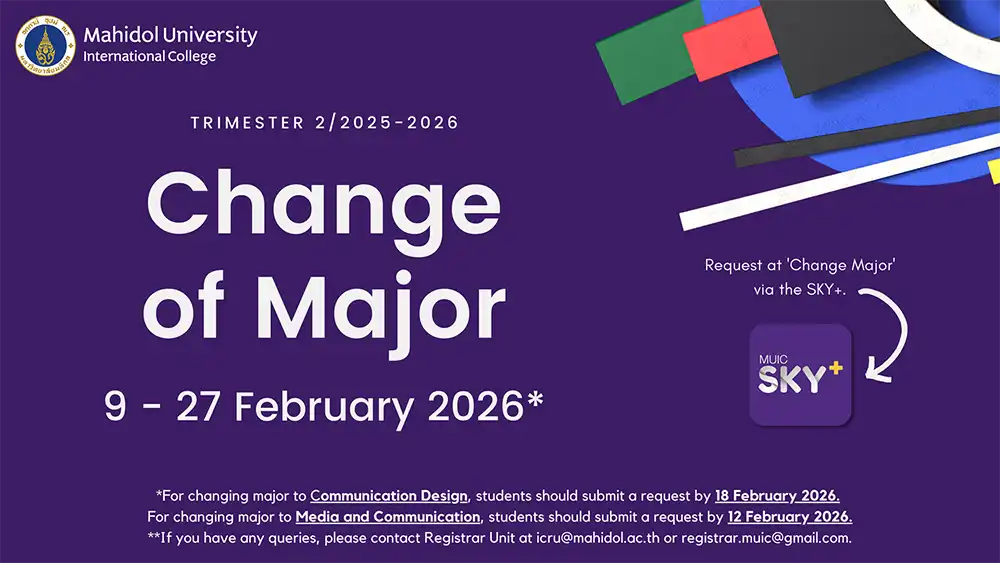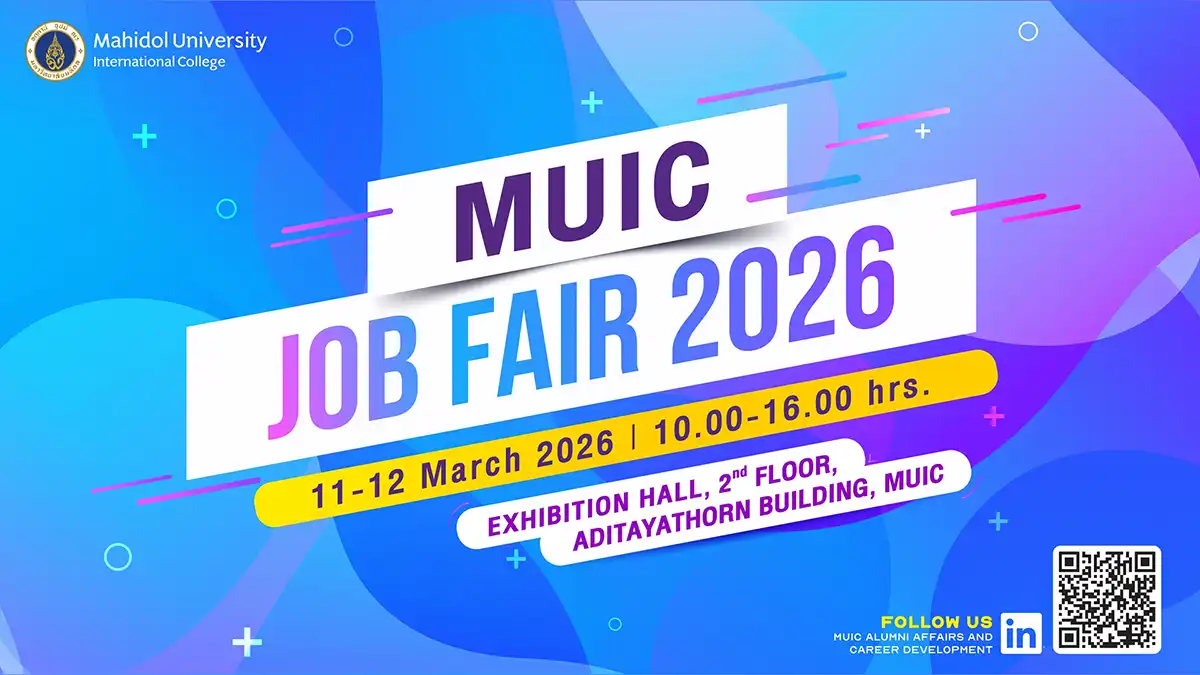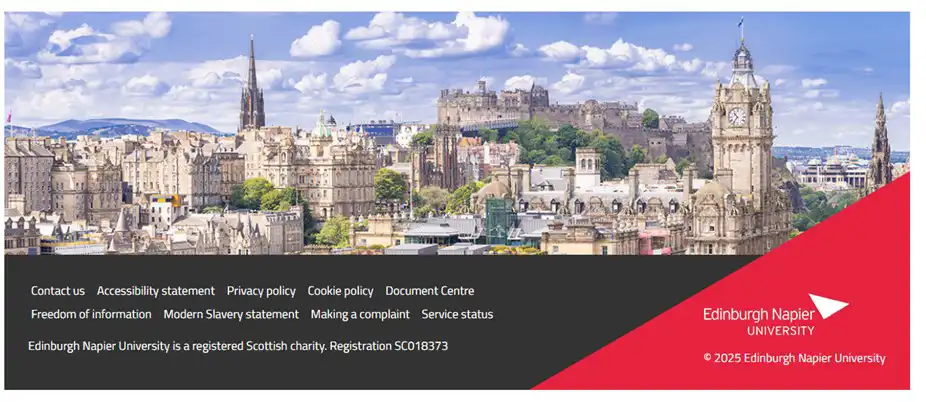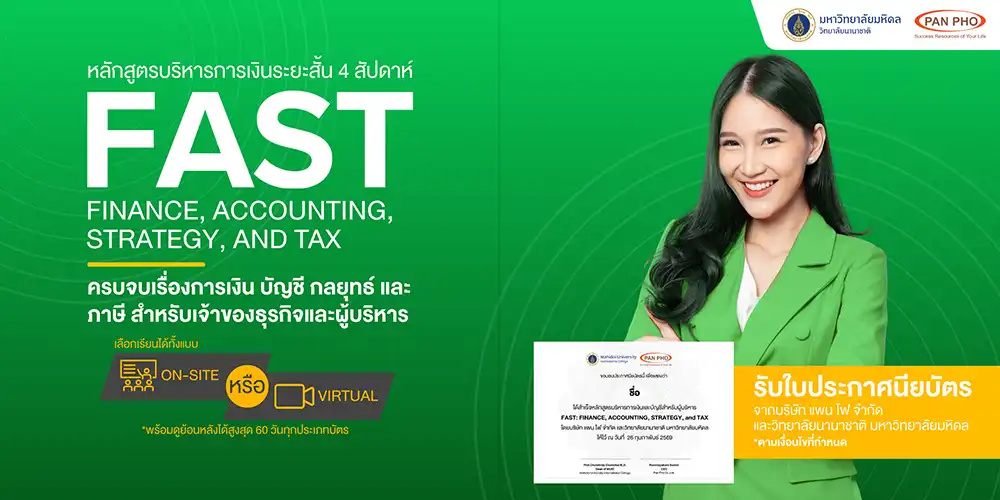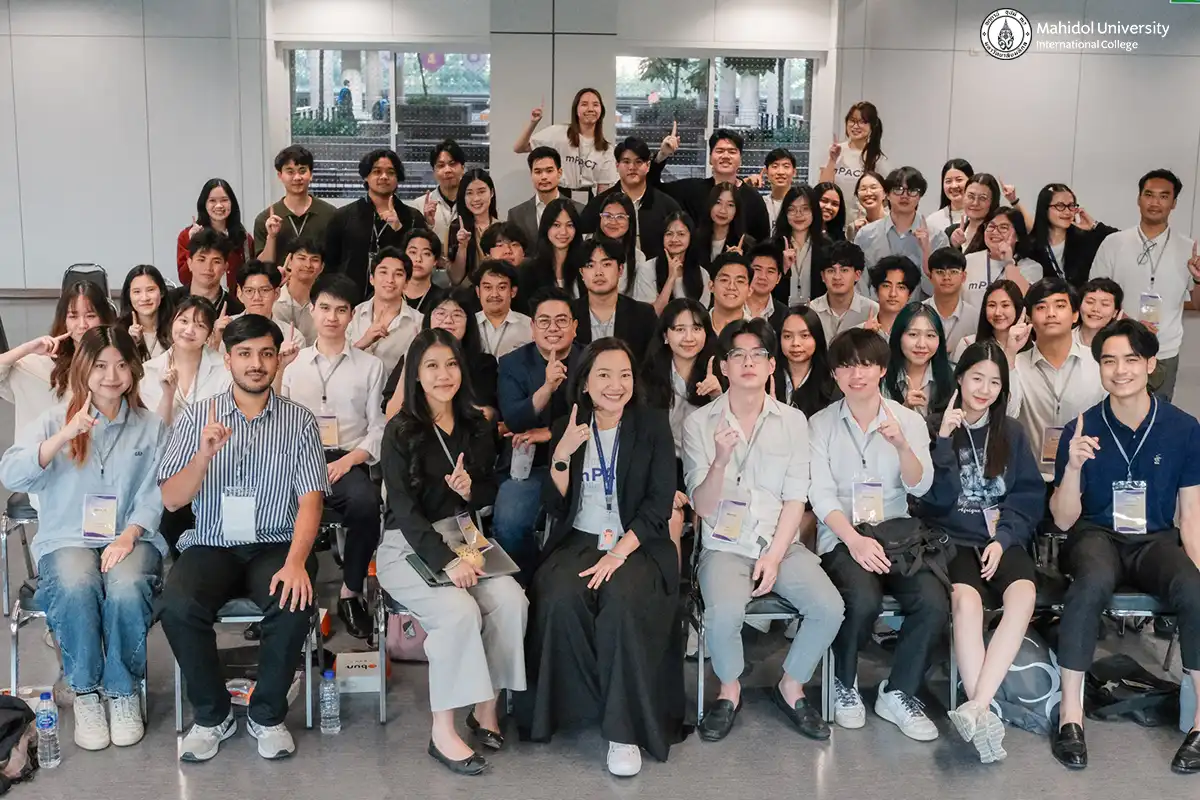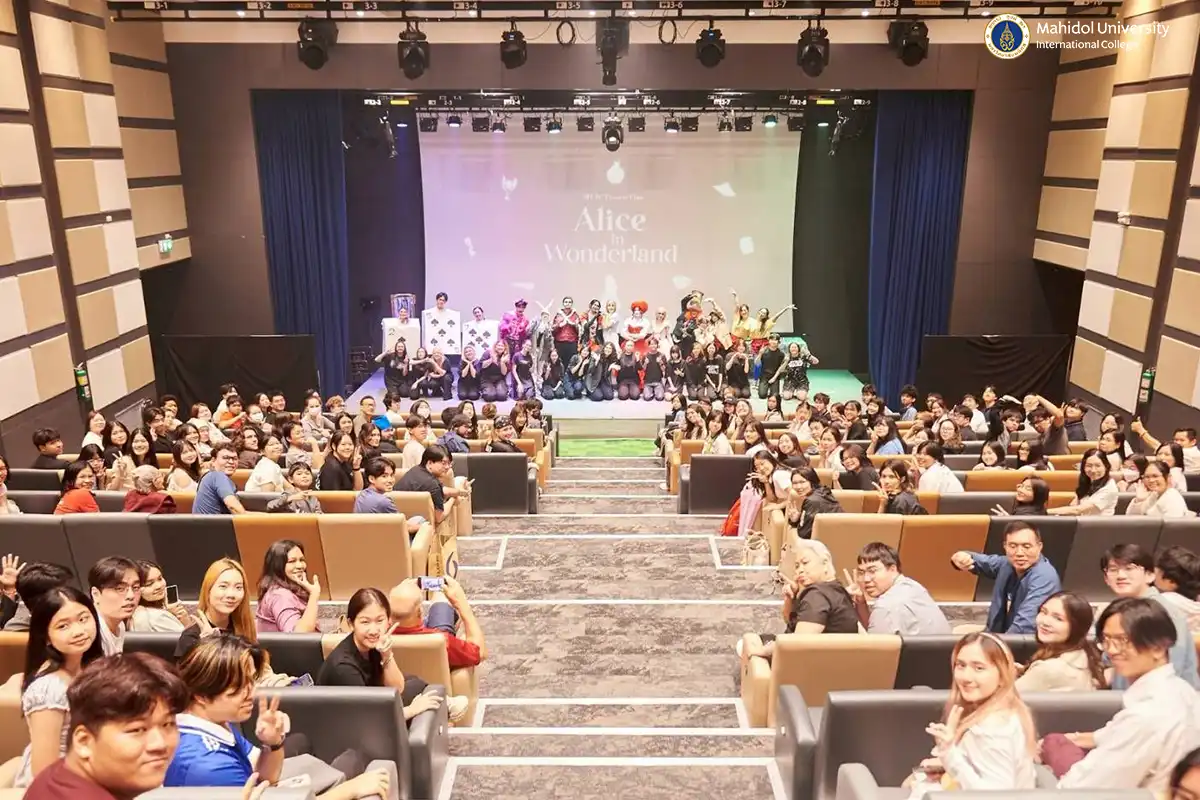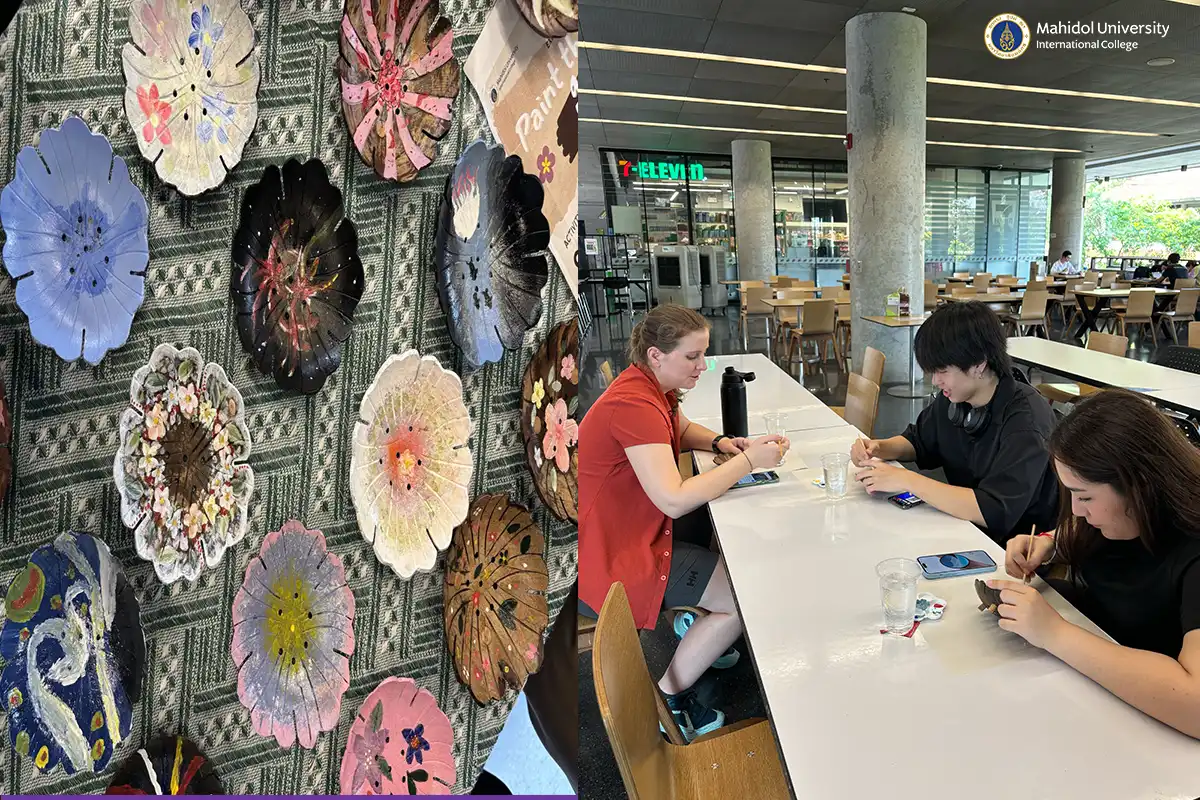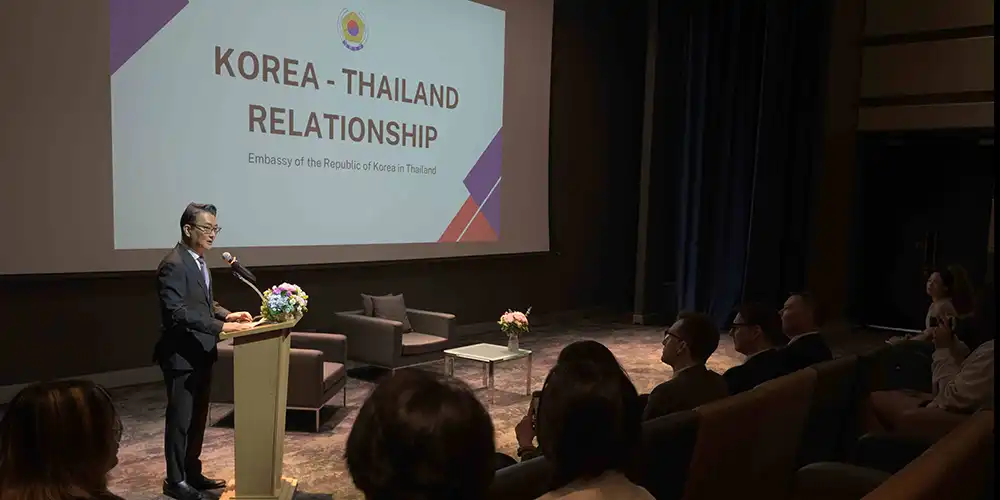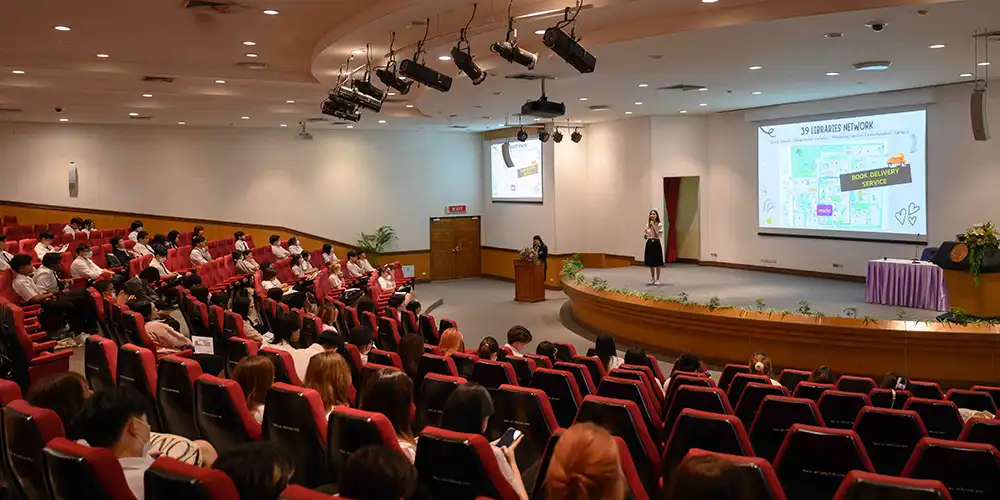Universities fear researcher pipeline is under threat
January 15, 2021 2021-01-15 7:11Universities fear researcher pipeline is under threat
With increasing global and regional competition for doctoral students to fuel expansion in technology-based industries, even top universities in Asia are beginning to worry about a continued pipeline of well-qualified students in STEM (science, technology, engineering and mathematics) areas as countries expand research in key areas such as artificial intelligence, quantum computing, genetics, nanotechnology, robotics and other areas.
Global competition has been enhanced by the rivalry between China and the United States in technology, with the US also pressuring Europe and Japan to curb research with China that is deemed sensitive.
For Asian countries attracting foreign STEM PhD students, the largest contingent has come from China. Countries such as Japan are already talking of more stringent vetting of PhD students from countries including China for more strategically sensitive PhD subjects, and having to rely on local students or foreign students from other countries in the region.
At the same time Beijing has initiated a campaign to keep PhD students and young researchers at home as it expands in major STEM areas as part of its own recently announced drive for self-sufficiency in technology.
Singapore has recently announced increased research funding for new emerging high technology areas and expanding doctoral places at its universities.
However, “in certain areas, especially in critical areas like artificial intelligence (AI), it’s very competitive, and the US is pretty strong,” according to the National University of Singapore (NUS) President Tan Eng Chye.
“There is a need for us to have a strong pipeline of Singaporean and Singapore-based researchers in this particular area [AI] and there are also other areas of critical expertise like quantum engineering where countries can be a bit more protective over such manpower,” Tan told University World News.
